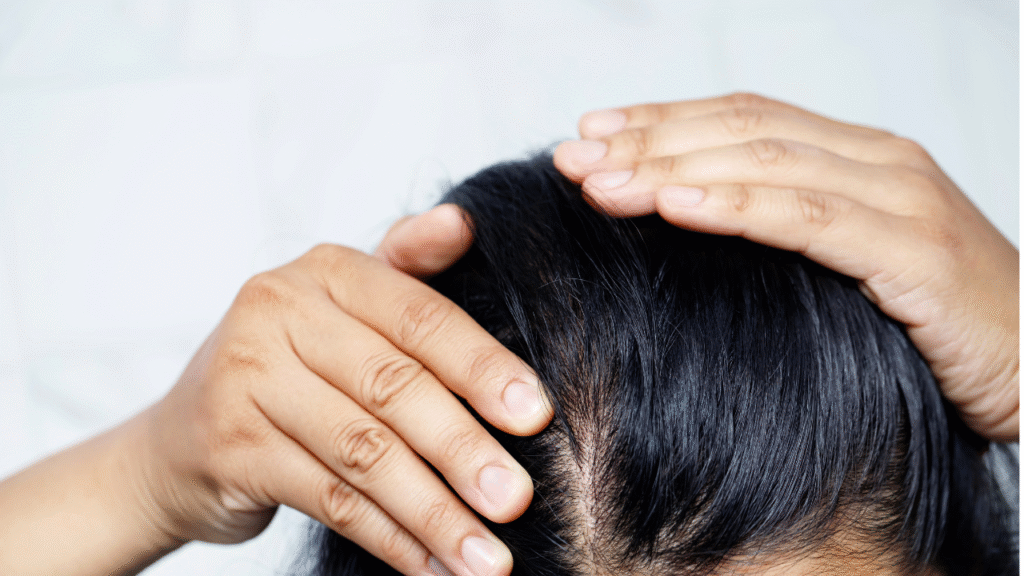
Black-Eyed Susan has the botanical name Rudbeckia hirta. This flowering plant is native to Eastern and Central North America. Black-eyed Susah is a flowering plant commonly found in the public garden. It resembles Sunflower with bright and beautiful petals and a black center. Since ancient times, this flowering plant has been part of traditional medicine.
Black-eyed Susan is a North American classic wildflower, and Native American tribes used them to treat snakebites, earaches, and parasitic worms. The plant is the official flower of the state of Maryland. Black-eyed Susans belong to the Asteraceae family and go by various names.
The medicinal portions of the plant are the flowers, leaves, and roots. The seeds are toxic, and ingestion is not recommended.
It is simple to identify black-eyed Susan in the wild due to its unique blossoms. Those brilliant yellow flowers encircle a circular, dark brown, dome-shaped center. The shape of the flower heads is highly similar to that of daisies.
Health Benefits Black-Eyed Susan
1. Excellent Immune Enhancer
Rudbeckia speciosa root extract had the best immunostimulatory efficacy. You might prepare it as a herbal tea to receive all of its benefits. Extracts of black-eyed Susan root may boost the immune system more effectively than Echinacea. These plant species belong to the same botanical family and share many characteristics.
2. Home Remedy to Cold
Susan has been used in Native American medicine to treat colds for centuries. It’s also prized to prevent colds and influenza, the same way that Echinacea does. You might brew it into a herbal tea to aid in the fight against the cold and speed up the recovery process.
3. Antibacterial and Antiviral Effects
Susan supplements and herbal tea can speed up the recovery process and shorten the lifespan of the virus if you are suffering from influenza or any other viral infection. In addition, the supplement has been found to have antibacterial effects against the germ that causes tuberculosis.
4. Black-Eyed Susan Helps with Earaches
You can treat earaches effectively with the root of the black-eyed Susan plant. A disorder known as earache is brought on by an infection that affects the hearing organ. This flowering plant contains microbial agents that effectively kill the bacteria that are the root cause of the earache, and you can administer it as an ear drop.
5. Treatment that Is Effective in the Management of High Blood Pressure
There are some active components within the stem of the black-eyed Susan plant that has the potential to assist in the control of high blood pressure and the prevention of potentially lethal illnesses like stroke and heart attack. Unfortunately, many people worldwide are battling the symptoms of high blood pressure without being aware that controlling the condition is not quite as challenging as they believe it to be.
6. Manages Diuretic
You may have diuresis or diuretics when something is wrong with your metabolism. It can sometimes be a clear sign of a much more severe health problem, like diabetes. Black-eyed Susan is a good drug for treating diuresis because it increases your urine.
7. Effective in the Treatment of Edema
Black-eyed Susan’s anti-inflammatory qualities are an excellent treatment for certain swelling diseases, including edema. In addition, it is a natural technique to cure edema without side effects; therefore, unless you are sensitive to this flowering plant, you need not worry if you have particular health concerns.
8. Effective Treatment for Snakebites
This flowering plant is a potent cure for snakebites, which is only one of its many beneficial medical properties. If it’s effective against snakebites, it’s probably also effective against insect bites. So maybe that’s a good enough incentive for you to plant this stunning flower in your yard.
Uses Black-Eyed Susan
The Black-eyed Susan flower is one of the most widely used herbs in herbal drinks. You can use every part of the plant except for the deadly seeds. One of the most well-known uses is to make an infusion from the roots to cure parasitic worms. The Ojibwa, known as the Chippewa, devised this ancient herbal treatment.

Side Effects
As was already said, most of this flower’s parts are good for your health, but not all of them are edible. For example, the black-eyed Susan root hasn’t been linked to any side effects, but the seeds are poisonous, do not eat them.
The Black-Eyed Susan you cultivate in your backyard makes a great flowerbed and is also an effective remedy for snakebites.
Where to Buy
Shop on Amazon
DISCLAIMER OF MEDICINE
This information is not meant to provide medical advice or replace a personal physician’s advice or treatment. All readers of this information, especially those taking prescription or over-the-counter medications, should check with their doctors before initiating any nutrition, supplement, or lifestyle program. In addition, the statements and goods on this website have not been evaluated by the Food and Drug Administration.
[videopress p0wAPXtV]




